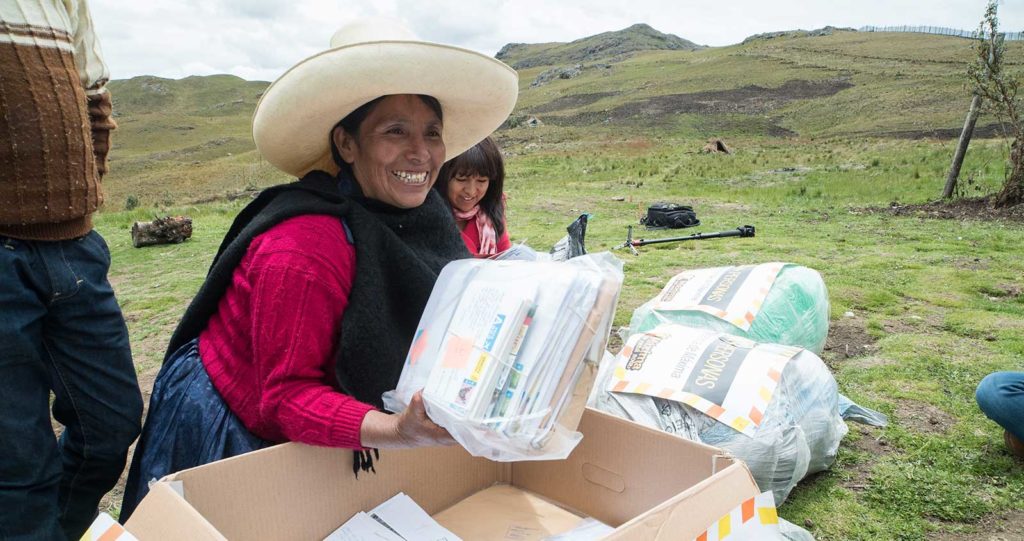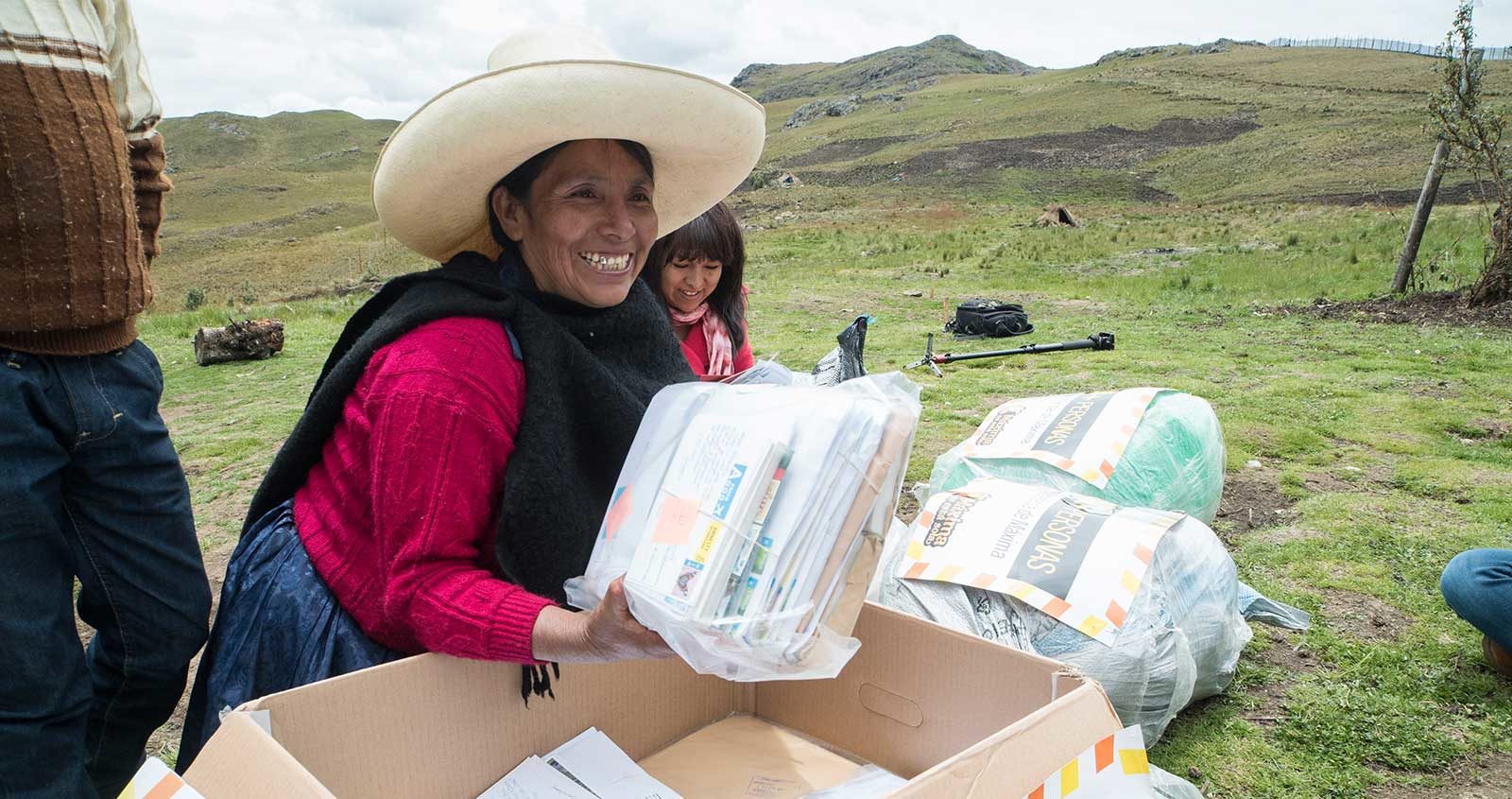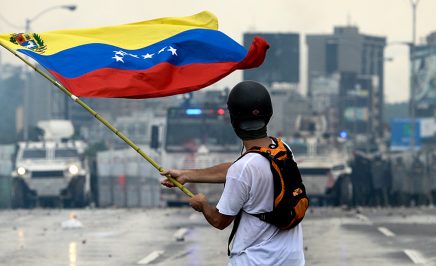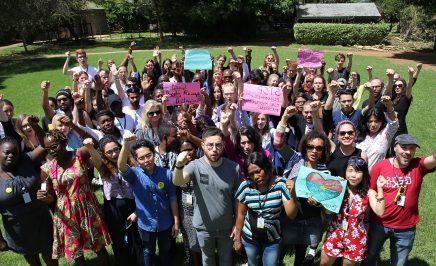In a landmark decision for environmental defenders in Peru, a Supreme Court ruling on 3 May 2017 marked an end of the trial for land invasion against human rights defender Máxima Acuña Atalaya.
What happened?
In August 2011, peasant farmer and human rights defender, Máxima Acuña Atalaya, and members of her family were accused of land invasion.
After almost five years of proceedings in relation to the unfounded criminal charges of land invasion, the Supreme Court of Justice has ruled that there was no reason to pursue the groundless trial of Máxima.
The public prosecutor brought the charge against Máxima and her family in response to allegations that they had used “violence” and “threats” to evict the Yanacocha mining company from the plot of land which Máxima and her family were living on known as Tragadero Grande. The company argued that this land was part of the property it acquired in 2001 from the Minas Conga company. The issue of the ownership of the land is still awaiting legal resolution.
Despite a lack of any evidence against Máxima since the beginning of the criminal proceedings in 2011, the Peruvian Attorney General’s office decided to continue with the criminal investigation and take the case to court.
How did Amnesty respond?

Amnesty issued several Urgent Actions for Máxima and her family, sending them through our global network of activists. Her case was also featured in Write for Rights 2016, where over 300,000 letters, emails, petitions, and tweets were taken on her behalf, targeting the Peruvian authorities.
On 14 February this year, an Amnesty International delegation visited Máxima and her family to deliver over 150,000 messages of support and solidarity collected from around the world, calling on the Peruvian government to protect her from any attack or act of harassment or intimidation.
The issue in depth
Like Máxima, many environmental defenders in Peru have faced groundless criminal proceedings which seek to prevent them from defending human rights by exhausting their physical and emotional strength and their limited resources and publicly portraying them as criminals.
The stigmatisation and criminalisation of human rights defenders also affects the social movements and organisations to which they belong. It projects a public image that human rights defenders are “criminals” and removes the legitimacy of the important work they do. It also creates a hostile environment for promoting and defend human rights, which, in turn, allows for physical assaults against human rights defenders and even murder.
What’s next?
Amnesty will continue to demand an end to the harassment, intimidation, stigmatisation and further attacks that Máxima may face, and for the authorities to publicly recognise her legitimate and important work as an environmental and human rights defender.
You can keep working for Maxima at this important time by downloading our resources.



